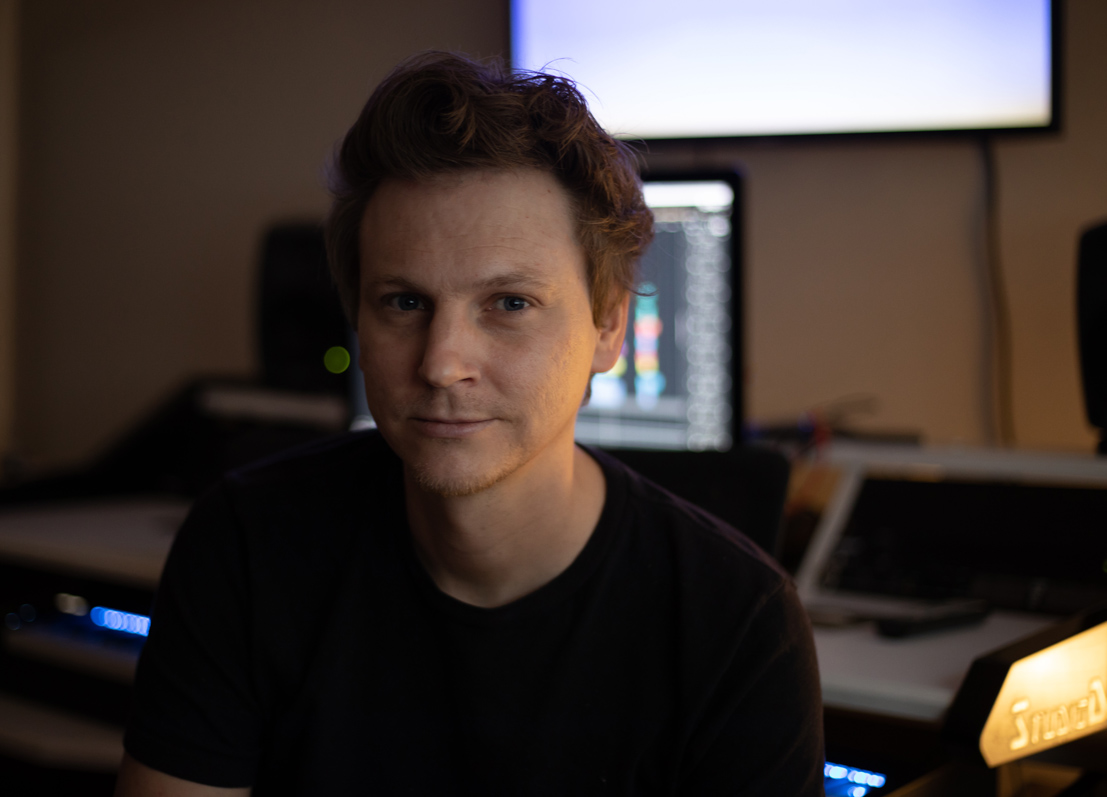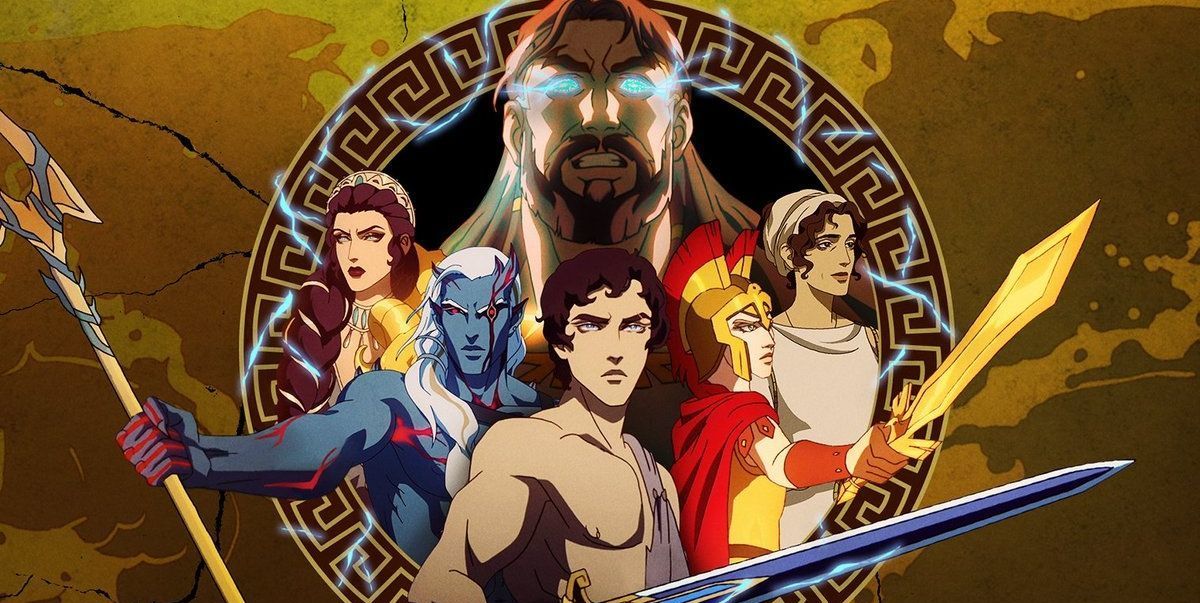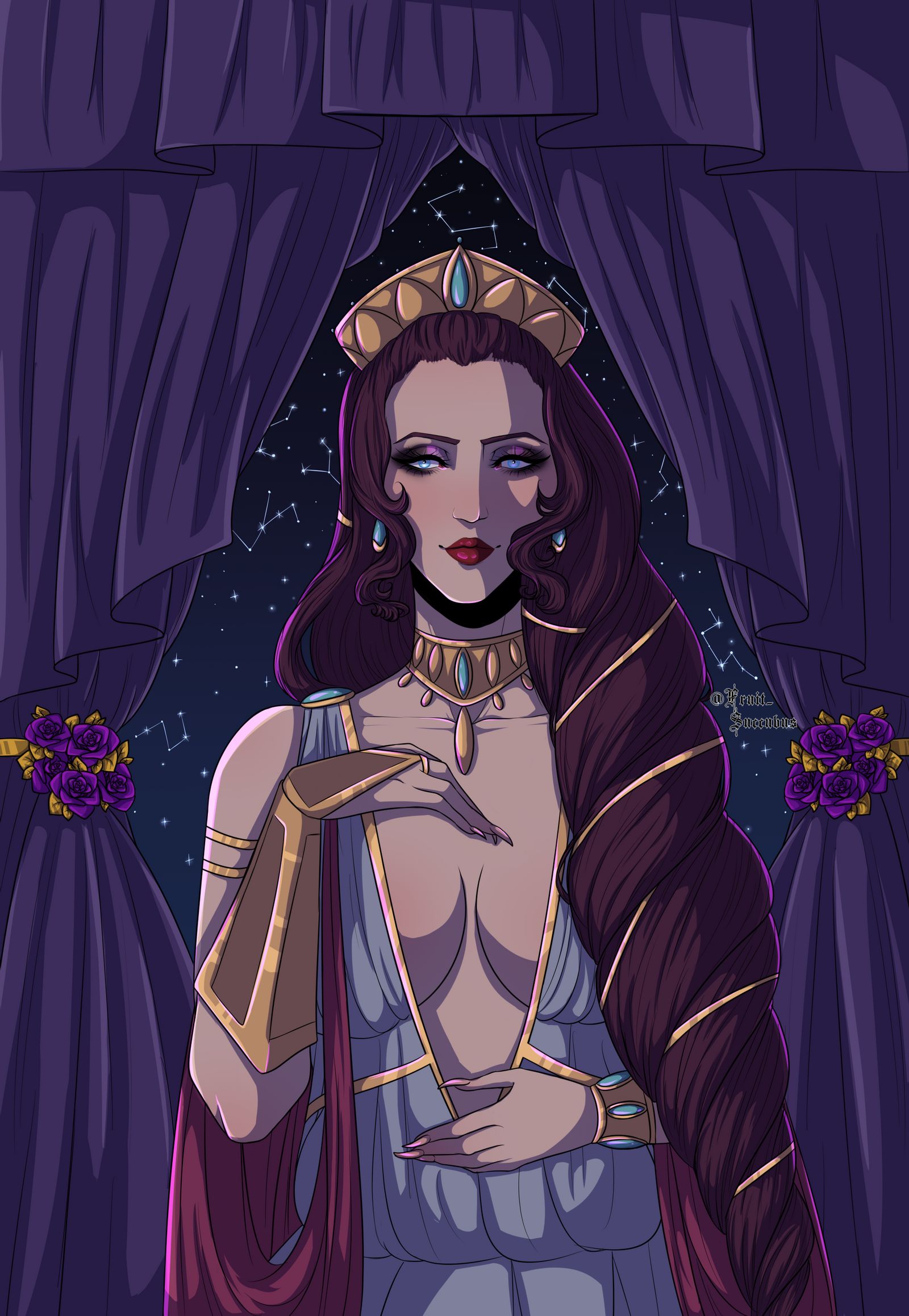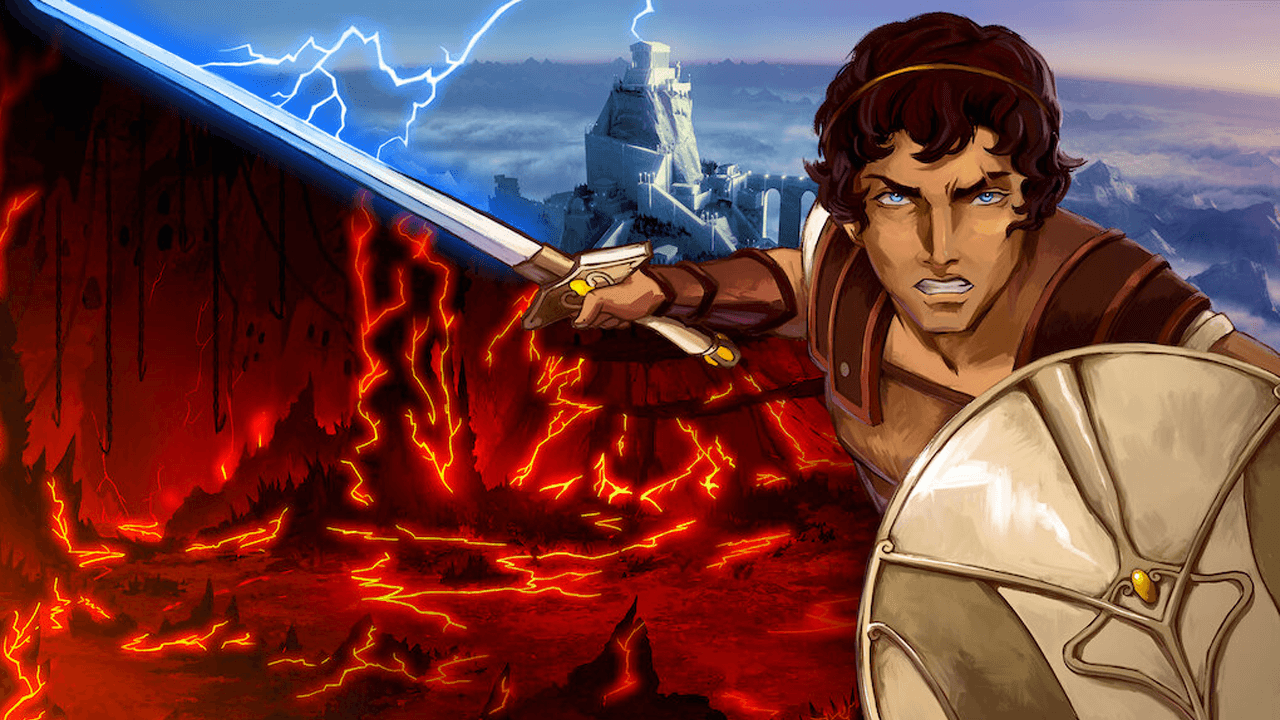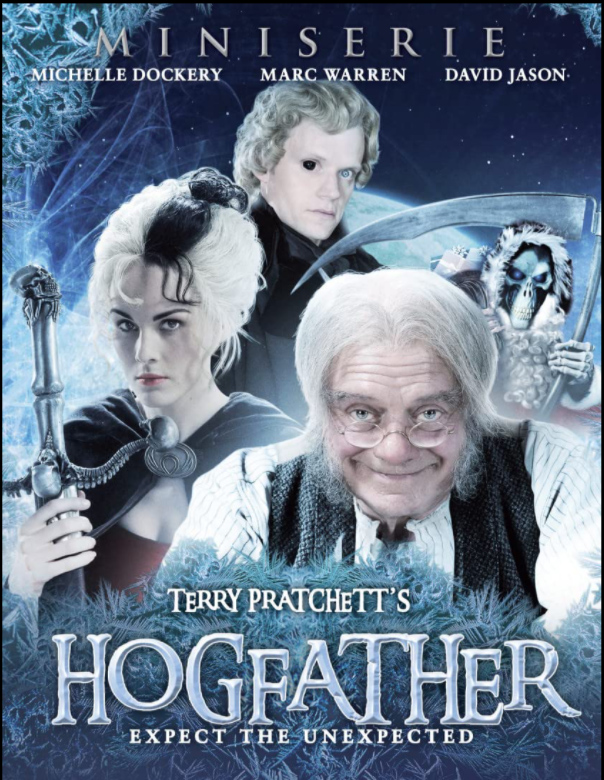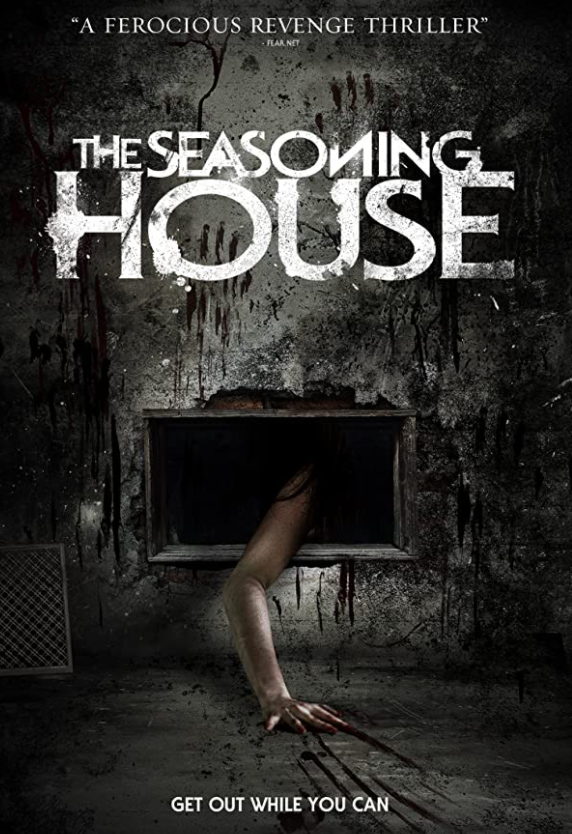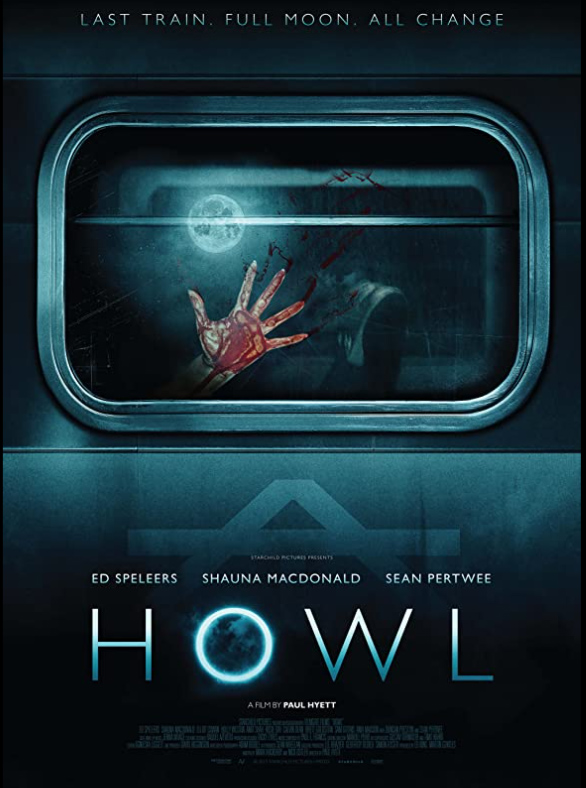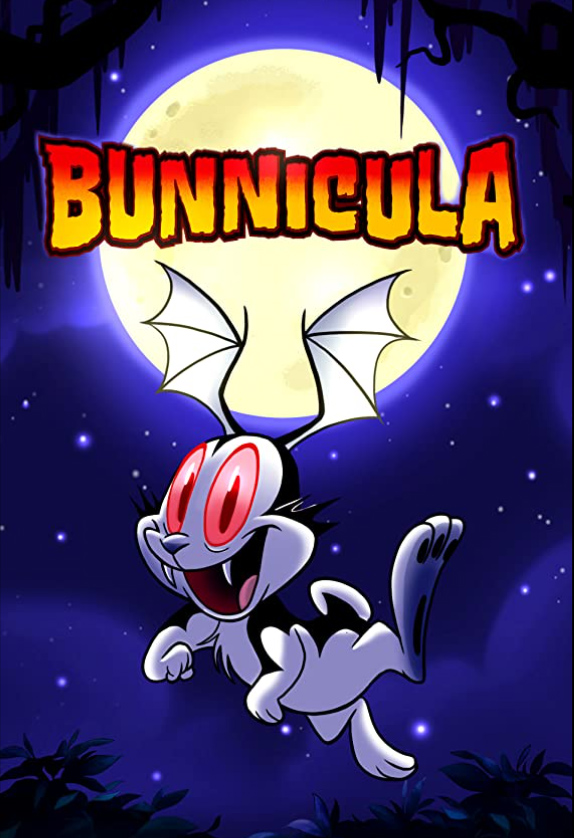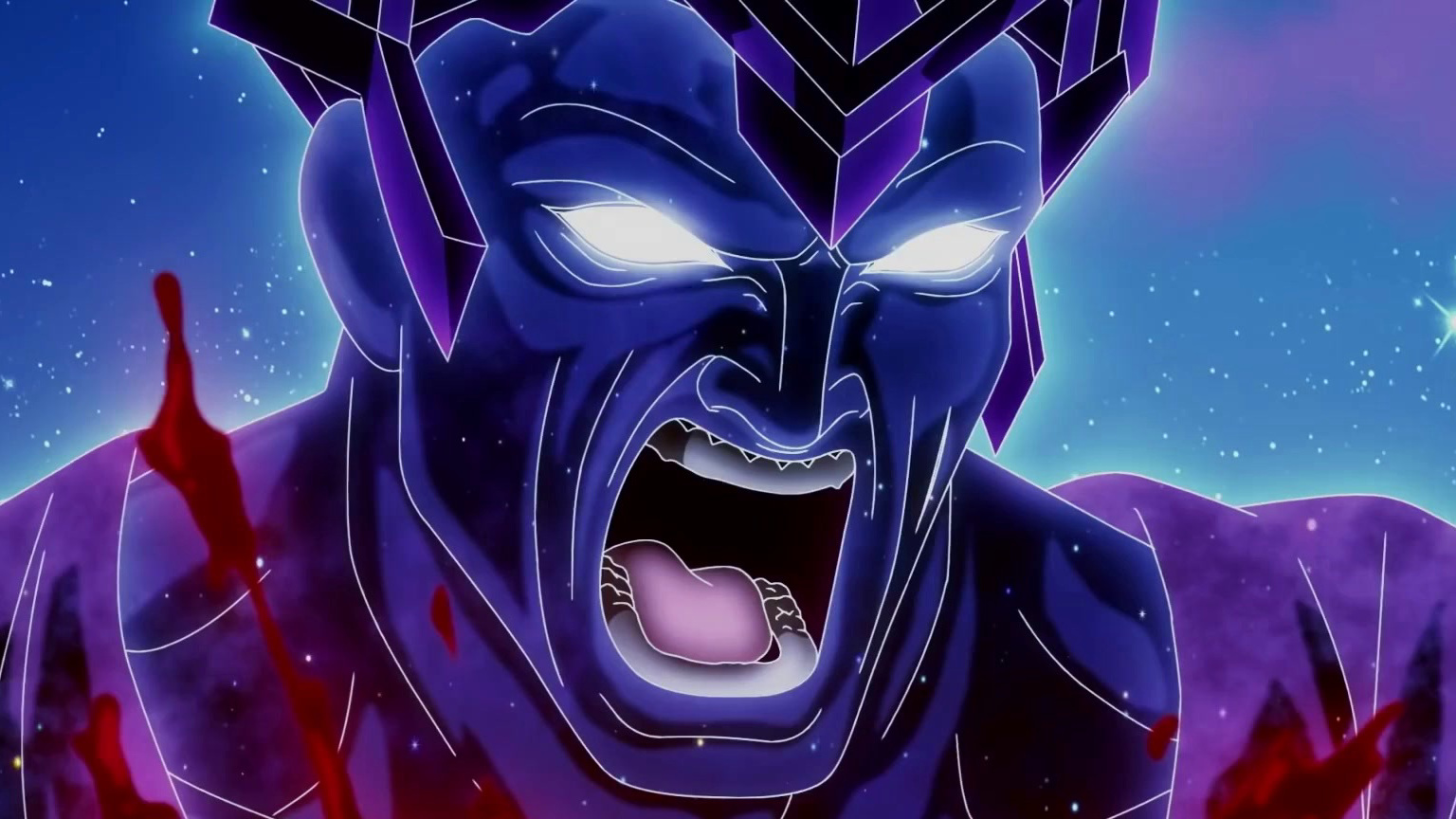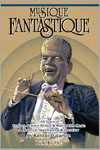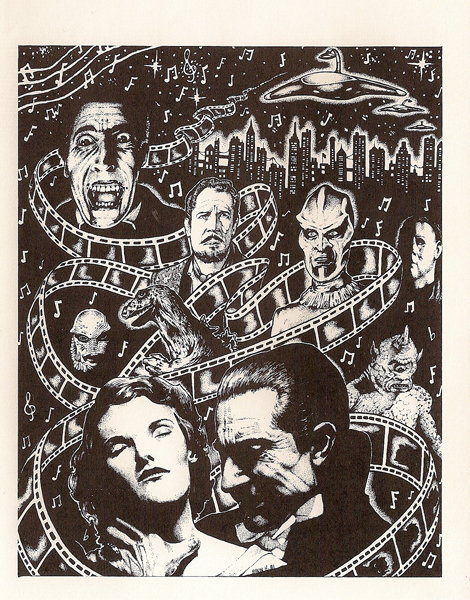March 30, 2021
BLOOD OF ZEUS: An Interview with Composer Paul Edward-Francis
By Randall D. Larson
Paul Edward-Francis is a British composer from Manchester who today lives and works in LA. He started working as a composer back in 2006 when he composed the music for the British TV drama/fantasy adaptations of Terry Pratchett’s classic novels, “Hog-father” and “The Color of Magic.” Paul later went on to broaden his genres as a composer by working on a series of horror films including the cult classics HOWL and THE SEASONING HOUSE.
Paul is the son of composer/musician Greg Francis, who also worked as an arranger/orchestrator for the BBC and on British films during the 1980s-early 2000s. Since moving to LA in 2015, Paul has worked on numerous productions for film and television with some of Hollywood’s biggest studios including Warner Brothers, Nickelodeon, Netflix, and Hasbro.
Alongside Sony Music and Milan Records, Paul has recently released the soundtrack for the hit Netflix series BLOOD OF ZEUS. The anime series is centered around Greek mythology and the score was much inspired by the classic scores from the Golden Age of Hollywood. Paul’s work on BLOOD OF ZEUS has earned him a nomination for Best Music in the 48th Annie Awards.
Q: What brought you into BLOOD OF ZEUS and what kind of discussions did you have with the filmmakers to determine the kind of music they wanted for the series?
Paul Edward-Francis: I had worked with the director, Shaunt Nigoghossian previously on an anime show, and we’d remained friends. We’d met for coffee and we’re just talking about what we were up to in our lives, and Shaunt said he was working on this anime that was a really cool project. He told me a little bit about it and I said, “Wow, how unique! An anime crossing over with Greek mythology”—which, to my knowledge, hadn’t been done before. So that was pretty much the end of that conversation, and fast-forward maybe a year or so, and Shaunt mentioned the project again, and of course, I said “Yeah, I’d be interested!” But I felt, since we hadn’t really spoken about the music in depth, he might be looking for more of a modern day score or something a bit more traditional to animation. But when we actually sat down to talk about it, in the back of my had I was thinking how cool would it be to use old school music, Miklós Rozsa, Bernard Herrmann, that kind of a world, play it with what was traditionally used in those Greek mythology films, like JASON AND THE ARGONAUTS, and at this discussion it turned out that’s exactly what they wanted. So I was over the moon by that, and I decided I’ve just got to be involved, I’ll do whatever it takes. So I did a few demos and ideas, and lo and behold I got the gig! So there we are!
Q: Both the style of the animation and your treatment of the music fits the series as if it were a live action film…
Paul Edward-Francis: It’s funny that you should mention that because that was the approach that we took and the philosophy we had. We wanted to have some sort of cinematic sensibility to it, and we didn’t want to approach it as a traditional animation but more as a live action piece.
Listen to the track “Gods and Heroes” below:
Q: With the show following tales ‘lost to history’ rather than being based on the current canon of Greek myths, did this give you any particular leeway in scoring these new characters and stories, rather than accommodating familiar mythological gods?
Paul Edward-Francis: In an aspect it really did, because it was an original tale. I think that’s one of the things the writers, Charley and Vlas Parlapanides, did as well—they created an original story that felt like it could slot right into those tales of old and the Greek mythology stories that we’re all well accustomed to. But what they did was they paid homage to those tales of old while creating something original. Musically, that’s what I was tasked with as well. One of the things that we were all very adamant on was creating a series of themes. They wanted it to be very thematic; they wanted the characters to have their own themes and to have that be a strong structure throughout the show. That allowed me flexibility in terms of introducing a new character, and coming up with an original theme for him or her without having to hearken back so much to characters that we know and we’ve all seen before. This is an original take and of course it allows me to write an original piece for them.
Q: You’ve described the score as inspired by classic Hollywood Golden Age scores—how did this play out as you created your themes and developed them across the run of the series using that kind of a style?
Paul Edward-Francis: I don’t over-analyze music really, if I can help it. I try and listen to something once and then let it go, and see where it leads. I remember watching BEN-HUR years ago, and it stuck with me then. So it was one of those things where BEN-HUR was mentioned in regard to working on BLOOD OF ZEUS, and it was like “We love the score from that,” and JASON AND THE ARGONAUTS, CLASH OF THE TITANS!” All these different films were mentioned, and I knew them in the back of my head, so it was like “Ok, I’ll just take it onboard when I’m writing it, I don’t need to over-analyze or listen to those scores again, because they’re just so embedded in me. It was just really a case of sitting down at the piano and writing in the style of those great scores, and paying homage to that Golden Age of Hollywood.
Q: And making them your own in the way you’ve used them in this score…
Paul Edward-Francis: Yeah, that was the intention. It’s great to pay homage and salute these guys, but you know, at the end of the day you are creating your own world and it’s just as important as anything else to maintain some form of originality.
Q: Would you describe the score’s thematic configuration and how those themes or motifs were developed to fit the story and character interactions?
Paul Edward-Francis: In terms of the themes, as there were so many, I really wanted to have an anchor point throughout them all. This is basically about one big dysfunctional family, so I felt there should be some sort of anchor point between all the themes that, if you were to play the melody, you would essentially hear the relation within the notation. That was the idea behind it. The only theme that I really wanted to be different was Seraphim’s theme—he’s the bad guy, essentially. He’s the outcast of the bunch. Notation-wise, he’s certainly the one who’s furthest away from all the other themes that I wrote throughout the show, and as it happens his theme is probably one of my personal favorites. I had a lot of fun with his theme in particular, because of the character he is, which is essentially this demonic entity. The way I saw it was, he didn’t necessarily belong in this world, so musically I needed to find something that mirrored that, and because we had all the traditional orchestration and instrumentation throughout the show, it allowed me to bring in more, contemporary, if you would, elements, for Seraphim—synthesizers and other instruments that don’t belong in the world of the traditional orchestra.
Listen to Seraphim’s Theme, from YouTube, below:
Q: Do your hero and villain themes interact when those characters are clashing?
Paul Edward-Francis: I didn’t really jump from theme to theme, so much, especially in fight sequences. When doing that I think you’ve got to be careful not to be too on-the-nose, because it can feel a bit contrived. For instance, the big climax at the end of the last episode, the big fight between Seraphim and Heron, is a very emotional fight—it’s not action-oriented in terms of score; we decided to play more on the emotions of what was happening, so to me it warranted a completely new piece of music rather than going back and forth on themes that we’ve already heard and established. It was a new moment and a significant one within the story, and when Heron inevitably wins the duel we get the big payoff of the theme—the one we hear in the main title—reprised at the end, and that was a much more powerful payoff. As much as themes are important to me in a show like this—and, depending on the context, I think they’re very significant to making it work—I just feel you have to be careful with them, not to over-use them because, again, they will ultimately start to feel contrived if you do.
Q: What was your musical pallet for scoring the series?
Paul Edward-Francis: It’s all sample-based, for the most part. Pallet-wise it was a traditional orchestra that we wanted to use, so obviously sampled strings, brass, and woodwinds were key factors, but it was how we used them that we wanted to be mindful of. I know Shaunt was a massive fan of Bernard Herrmann and those old traditional scores, so a lot of low woodwinds were used throughout the show, and things like that.
Q: What was your technique as far as using samples to create what is a very symphonic-sounding score?
Paul Edward-Francis: I use Cubase, and I’ve been using that since God knows when! I think I was around five years old when my dad was using Cubase to mock-up his arrangements, so it’s been a long time. Sample-wise, it’s a mixture of many different sample libraries. Obviously Spitfire, Berlin, and some others. The template I’m using has been three years in the making to try and come up with this orchestral template where, playability-wise, I can do what I want on it and it has only very limited repercussions of sounding synthy or manufactured or fake. Unfortunately we just didn’t have the budget to go and use a live orchestra on this project—and how wonderful that would have been—it was just the reality of today. So it was a key factor to me to achieve something as realistic-sounding an end product as possible.
Q: One of the most impressive moments that struck me was “The Titans,” in the first episode with the flashback where the giants rise, they’re thwarted by Zeus and the whole history of the demonic army and the suffering of the humans is depicted. That’s got some tremendous music. What can you tell me about scoring that particular sequence?
Paul Edward-Francis: That was one of those sequences where I didn’t want it to end! I was having so much fun writing it I just didn’t want to stop! There was no temp music on most of this show, and there was absolutely nothing about that sequence. I’ve always been heavily influenced by The Planets Suite by Gustav Holst; that was something I always go back to and it always inspires me. It just had this very godly feel about the whole thing, and it was something that was in the back of my mind when I was writing that scene, that I just wanted it to feel very godly. I didn’t really want to use any modern orchestration techniques if I could avoid it. I just wanted it to have a timeless feel, something that you will probably hear in movies of old but not necessarily today.
Listen to the track “The Titans” below:
Q: What was most challenging for you in scoring this film?
Paul Edward-Francis: There were different challenges… one of the challenges was in the actual main titles themselves… if you look at the individual title cards, every one of them visually has a different style to it and a different feel, so obviously the music had to match that style and feel as well, and that mood. I had to come up with a theme that on one episode would be big and grandiose, but the next episode it would be the same theme, the same notation, but it would be soft and delicate, or it might be haunting, or sinister—whatever the vibe was for that episode that we wanted to portray. We had eight episodes in season 1, so that was eight different styles to manipulate this theme and make it work. That by itself was naturally a challenge, but I have to say it was a fun one.
Q: Looking back a bit on some other genre projects of yours, I’m interested in what you can say about scoring, with David Hughes, the Terry Pratchett adaptations, HOGFATHER and THE COLOR OF MAGIC.
Paul Edward-Francis: I think that was the first thing I ever worked on, I guess I was a kid at the time! I knew Dave from way back when, he was based in Liverpool and he used to work with John Murphy. My dad had been an orchestrator and he used to work with those guys, he’d orchestrate their music for LOCK, STOCK, AND TWO SMOKING BARRELS and the other films that they worked on. I ended up moving to Liverpool, for whatever reason, many years later, and was knocking on David’s studio door and saying “I want to be a film composer! Here are my demos!” I hadn’t heard back from him for a while, but then he gave me a call and said, ‘I’ve got a couple of projects in and I’m busy, so why don’t you come over and help out.” I didn’t know quite what that entailed but I said “Absolutely, yeah.” So there I was and I ended up writing some additional music on HOGFATHER, and it was invaluable experience, it really was. And later when HOGFATHER was a success so they ended up doing THE COLOR OF MAGIC, the sequel to it, where I played more of a role in and ended up writing a fair bit more in terms of cues and themes. It was certainly the early days and I think with experience you probably look back and say ‘I might tackle themes or then entire project a little more differently now,” but I guess that’s what experience gives you.
Q: What about LEGENDS OF THE HIDDEN TEMPLE, an Indiana Jones-ish family adventure film?
Paul Edward-Francis: LEGENDS was really good fun. I was working with Joe Menendez, who directed it, and he’s very pro-film music, so he was great to collaborate with. We were both on the same page in terms of the type of music it needed and what he was going for. It’s a family movie, but he wanted it to feel like there was danger, that there was the element that something bad could happen, and that’s the approach we decided to take. He’s a big fan of the RAIDERS OF THE LOST ARK score, as am I, it’s one of my favorites, but I remember saying to him, one of the great things about the score from RAIDERS, if you would listen to that score separately and you didn’t associate it with the theme that we know of, it could almost play as a horror score! It’s really quite interesting.
Q: THE SEASONING HOUSE was another appealing project, a horror film with a protagonist who is deaf. How did you treat the character and concept of this film, musically?
Paul Edward-Francis: That was the first horror film that I did. I remember watching it and wondering how do you treat this character, what aspects do we give the audience when they’re viewing it? The story is being told from her eyes, so to speak, so one of the things I did with the film was introduce sampled wine glasses, high-pitched bells, and whatnot, to give it a kind of feel like Tinnitus. I think that worked pretty well, thematically. I think it was definitely an interesting take on it, but I remember sending the first ten or fifteen minutes off, it was the first time I’d worked with the director, Paul Hyett, so I was a bit nervous, but he came back and said “Wow, yeh, that’s exactly what it needs!”
Q: With HOWL, you’re scoring another horror film. The cool thing is that it’s set on a train so you’ve got a whole claustrophobic feel set right into the story itself.
Paul Edward-Francis: That was my second film with Paul, and that was really very different. It certainly had more of a B-movie feel to it, and that was the approach we took. Musically, for the creature, it felt right, for whatever reason, to use guitar feedback, so that was something I played around with. I do love those type of scenarios where they’re based in one location and it’s not necessarily a who-did-it but how-are-we-gonna-survive-this. The concept itself is great, and musically… I don’t think we sat down and said “it’s based in one location, how should we approach the music because of that?” It was more to do with what the scene requires. This story was pretty intense, but the main arc was it had to feel fun as well as scary. I actually got an e-mail this morning from somebody asking if I’ll ever release a soundtrack to HOWL. That is something on my to-do list or on my radar. A couple of the songs I wrote for that film ended up being quite popular.
Q: With THE PARALLAX THEORY (2015), the unique thing about this series is that it’s a drama but it’s got this continual tension about a pending meteor strike on the Earth. That’s kept mostly outside the picture but it’s still populating the story with this potential disaster. Do you recall how you dealt with that threat, and how it was affecting the drama?
Paul Edward-Francis: Musically, that project gave me a chance to write a more dramatic score, but we made a point of making the music more and more intense as the story unfolded. Character-wise, he went from being a respected person, going to university and receiving a classical education but then when things started going south the character became more rugged and more ill-tempered. Musically, I was following his character more than the existential threat that was going on within the story. It was one of those projects that just came and went, but I still am proud of some of the themes I wrote for it.
Q: And that brings us to the animated short series BUNNICULA. What kind of music does a vampire bunny need?
Paul Edward-Francis: I had a lot of fun with BUNNICULA. When it came around it was one of those shows that will always mean a lot to me because it changed my life for the better in so many ways. It was one of those things that everybody receives at some moment in their career where it’s like, “Ah, I needed that!” I’ll always love BUNNICULA for that reason, and for the show it was. I adored the characters and the animation was really wonderful. I came into Season 1 a little later in production, so there wasn’t all that much time to talk about style, it was kind of like we’re chasing this thing and we had to hit the ground running. When Season 2 came along, that’s when things really started to open up, and that was when Shaunt Nigoghossian came on board as well, and I really learned a lot from him. That was my first animation show, and Shaunt really taught me a lot when it came to animation music. But stylistically, we’d go from genre to genre on each and every episode it seemed. One moment it would be very pop oriented, and the next it opened into classical music, and so on; I was very inspired here by Alan Silvestri’s score for ROGER RABBIT, which always remains in my heart as one of my favorites.
Q: The show ran 11-minute long episodes. Was it a challenge to limit your themes and cues to that brief a time frame?
Paul Edward-Francis: Surprisingly, I was able to develop themes but you have to hit the ground running with each and every episode. It definitely takes a moment to get into that way of working, it’s like a hundred miles an hour, what with the music and the production and delivery and everything else.
Special thanks to Margot Nissenblatt and Andrew Cohen of Impact24 PR for facilitating this interview. The digital soundtrack to BLOOD OF ZEUS is available through Milan records. BLOOD OF ZEUS is currently streaming on Netflix and has been renewed for both second and third seasons.
Watch the BLOOD OF ZEUS trailer below:

